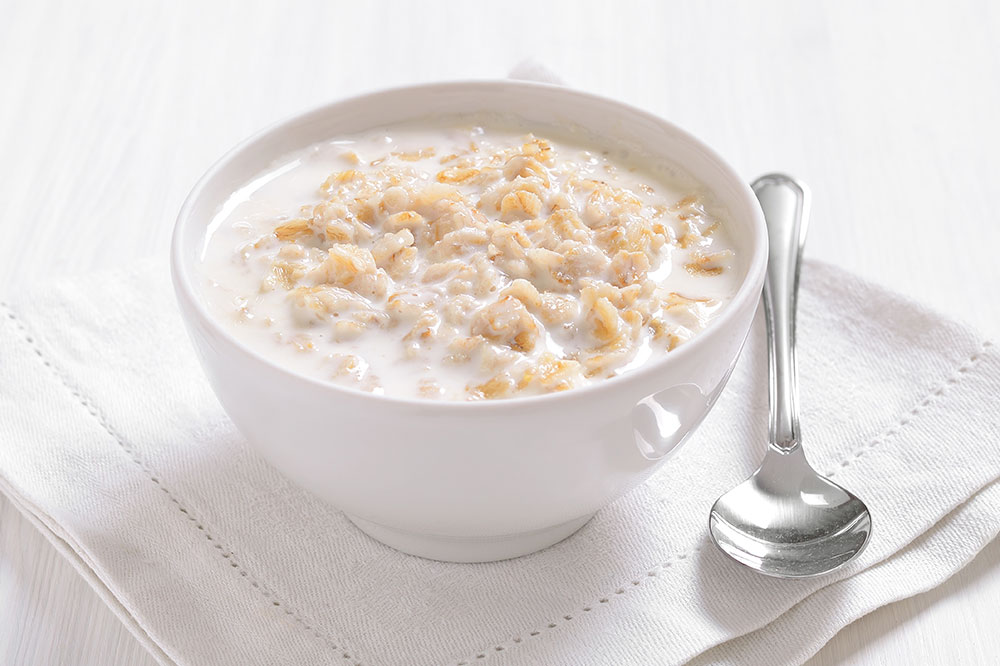13 tasty foods for a healthy heart

Cardiovascular diseases are prevalent in our country. Statistics suggest that one in every five fatalities is associated with heart problems. Therefore, it is essential to adopt an active lifestyle and follow a meal plan that improves heart health. The foods listed below taste great by themselves, and you can also mix them with other ingredients to make them more palatable. But seek a nutritionist’s guidance to avoid the aggravation of underlying health conditions.
Oatmeal
Most people consider oatmeal a breakfast food, but it is more than just that. Oatmeal can be had any time of the day, especially in the form of granola bars, whenever hunger pangs are bothering. It is rich in soluble fiber, which causes the liver to produce more bile. Bile, in turn, helps lower LDL cholesterol. So a bowl of oatmeal mixed with your favorite foods can be a great step toward a healthy heart.
Black bean salsa
When the cravings are for something delicious yet healthy, have some black bean salsa. It is packed with soluble fiber that brings down bad cholesterol levels to a healthy range. Add some veggies, corn, and mango for a splash of color and to get all the essential nutrients and vitamins. Have this with baked chips made from whole grains to keep hunger at bay.
Nuts and seeds trail mix
Make a trail mix with nuts and seeds at home for instant snacking. Nuts and seeds are one of the best foods for a healthy heart. They have healthy fats that lower total cholesterol levels. Walnuts, in particular, are loaded with omega-3 fatty acids that lower LDL or bad cholesterol levels and simultaneously increase HDL or good cholesterol levels. Seeds like sunflower, pumpkin, and flax contain B vitamins and vitamin E, which improve overall health. They are also a great source of fibers, nutrients, proteins, and antioxidants, making them a healthy snacking option.
Low-fat Greek yogurt
It is another excellent food for a healthy heart that you can add to the snack cupboard. Whether a mid-morning bite or something to fill up the tummy before dinner, a single serving of Greek yogurt will do a lot of good. Zero-fat or low-fat Greek yogurt lowers cholesterol levels. At the same time, it boosts the immune system and improves gut health with its rich probiotic content. When making dips for snacks, swap out the high-fat, high-calorie sour cream or mayonnaise with low-fat Greek yogurt for the best health benefits.
Wholegrain toast
Love the classic peanut butter and jam for snacks? Well, it might not be that healthy. Instead, go for a cholesterol-friendly alternative. Spread some almond butter or butter made from any nut on a couple of wholegrain toast. Top it with some sliced berries, such as strawberries, to make a wholesome heart-healthy snack. Wholegrains, strawberries, and nutty butter are some of the best foods to eat to lower bad cholesterol and the risk of heart disease.
Avocados
Avocados contain monounsaturated fatty acids that lower your LDL levels and keep your heart healthy. They also contain potassium, a nutrient that actively works to help keep blood pressure under control. You can add avocados to salads or mix them in other dishes.
Berries
Strawberries, blueberries, and raspberries are packed with antioxidants that help reduce bad cholesterol and lower the risk of developing heart diseases. They make for healthy and delicious snacks. So keep berries handy instead of munching on some processed, unhealthy food.
Quinoa
Quinoa is a gluten-free food containing several amino acids that keep your heart healthy and improve overall health. A bowl of quinoa and chicken topped with black beans will give you all the nutrients and satisfy your taste buds at the same time.
Green tea
Antioxidants present in green tea help prevent cell damage and boost metabolism. They also improve heart health by lowering cholesterol levels and blood pressure. Moreover, green tea reduces the risk of heart attacks or strokes. But opt for sugar-free green teas for better results.
Tofu
It has essential nutrients like folate, potassium, calcium, and magnesium, all of which are essential for the heart and overall body. You can use tofu to make salads, sandwiches, pasta, and more. However, steer clear of processed tofu preparations as they contain fats and preservatives.
Dark chocolate
Who would have thought that chocolate could make this list? Small amounts of dark chocolate three to five times a week can reduce plaque formation in the arteries. It can also decrease LDL, increase HDL, and keep blood pressure in check, reducing the risk of strokes and heart attacks.
Leafy vegetables
Kale, collard greens, and spinach are a few of the many leafy vegetables rich in vitamin K and antioxidants. These elements lower the risk of coronary heart diseases and blocked arteries. Adding higher amounts of such leafy greens may also result in a significant improvement in blood pressure. So, a bowl of salad tossed in Greek yogurt and sprinkled with your favorite herbs can be the right step towards a healthy heart.
Fatty fish
Fatty fish like salmon and mackerel are excellent sources of omega-3 fatty acids that prevent inflammation in the body. If you are not that much of a fish eater, try store-bought chewables to get your daily dose of omega-3. But do not forget to consult with a doctor before using them.



